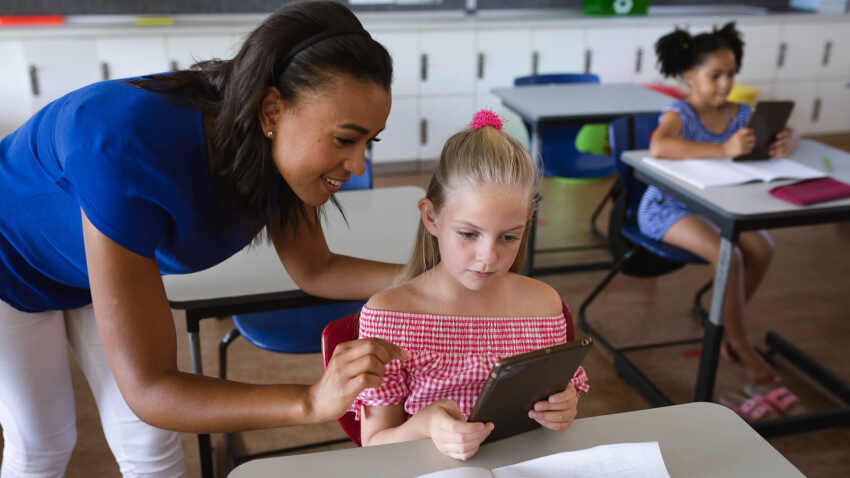Unlocking the Full Potential: Montessori Actions that Foster Independence and Creativity
Montessori education is based on the philosophy that children are naturally curious and competent learners. It encourages self-directed, hands-on learning that promotes the development of independence, creativity, and problem-solving skills. Montessori activities are carefully designed to tap into a child’s full potential, allowing them to explore, discover, and express themselves in meaningful ways.
1. Practical Life Activities
In the Montessori classroom, practical life activities form the foundation for fostering independence and creativity. These activities include tasks that mimic everyday life, such as pouring, buttoning, sweeping, and cooking. By engaging in these activities, children develop essential life skills, fine motor coordination, concentration, and a sense of responsibility.
2. Sensorial Activities
Sensorial activities enable children to refine and develop their senses. Through activities like matching scents, sorting objects by texture, and exploring different sounds, children enhance their ability to observe, discriminate, and categorize the world around them. These activities not only stimulate creativity but also lay the groundwork for future academic learning.
3. Artistic Expression
The Montessori approach places great emphasis on artistic expression as a means for children to communicate and explore their creativity. Children are encouraged to engage in various art activities, such as painting, drawing, clay modeling, and collage-making. These activities not only enhance fine motor skills but also develop a child’s ability to think critically, make choices, and express themselves visually.
4. Language and Literacy Activities
Language and literacy activities in a Montessori environment are designed to cultivate a child’s love for reading and writing. Children engage in language-rich experiences through storytelling, poetry, phonics exercises, and reading. By providing a language-rich environment and encouraging independent reading and writing, Montessori activities foster creativity and a deep appreciation for language.
5. Mathematics Activities
Montessori mathematics materials are carefully designed to facilitate hands-on learning and conceptual understanding. Activities such as counting beads, sorting objects, and working with number rods help children develop mathematical thinking, problem-solving skills, and logical reasoning. These activities empower children to explore mathematical concepts at their own pace, unlocking their full potential in numeracy and critical thinking.
Montessori activities provide a holistic approach to education that nurtures independence and creativity in children. By engaging in practical life activities, sensorial experiences, artistic expression, language and literacy exercises, and mathematical explorations, children develop skills that enable them to become confident, self-reliant learners. Montessori education empowers children to unlock their full potential by embracing their natural curiosity, fostering independence, and nurturing their creative spirit.
Nidhin
For More Details Call: +917510220582
